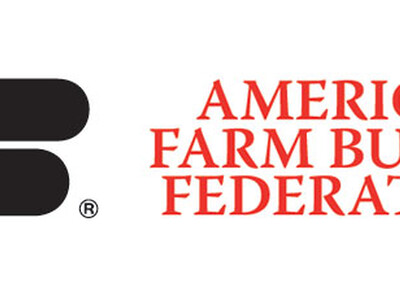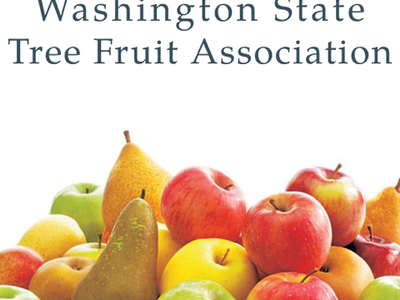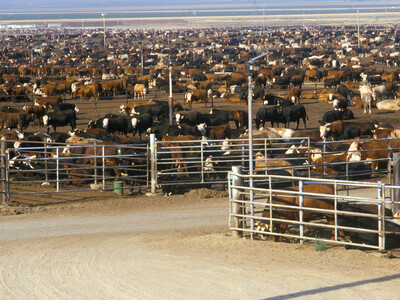Rural Scams
With today’s Fruit Grower Report, I’m Bob Larson. Scamming you out of your money is big business, and scammers are constantly finding new ways to do it.And in rural America, you’re not immune.
AARP Oklahoma State Director Sean Voskuhl says fraudsters are finding new ways to personalize their scams to sound more legit …
VOSKUHL … “Scammers are getting more creative these days in finding ways to take your money. The use of look-a-like websites is on the rise, from everything to consumer goods to travel websites, and even farm supplies. They may look like the original website, but have a slightly different web address to catch you off guard, and often offer deals that feel too good to be true.”
Voskuhl says safeguarding your personal info should minimize your risk …
VOSKUHL … “Thanks to data breeches on social media and consumer-based websites, scammers can often get more information to make their pitch sound more legit. Your info, bought by scammers on the dark web, could include personal details about your life, farm, equipment and vehicles, and more, sometimes including credit card information. While we rely on website owners to keep that data secure, it’s important to be aware and think about what information you are putting out there.”
Voskuhl says if you’re aware of a specific scam, you’re 80% less likely to engage …
VOSKUHL … “Know the most common types of scams so you can identify them, including identity theft, phone fraud, phishing, ransomware, new account fraud and even drop addresses scammers use to purchase items online.
There’s information available on the AARP Fraud Watch Network, a free resource to help you learn about these scams, and stop them.”
Go to www.aarp.org/fraudwatchnetwork to learn more.

















